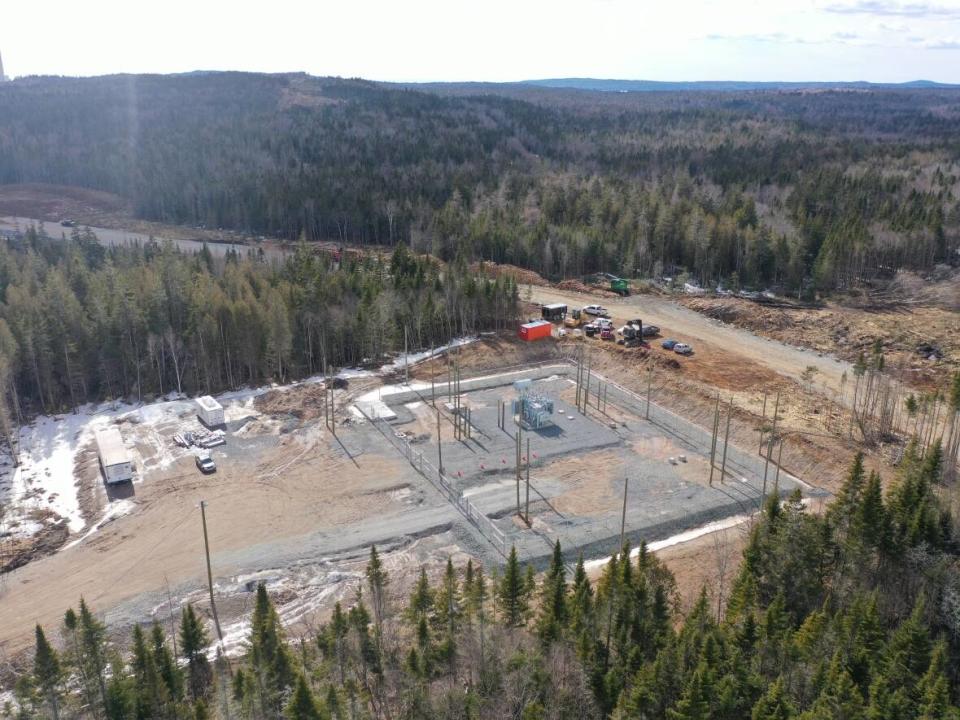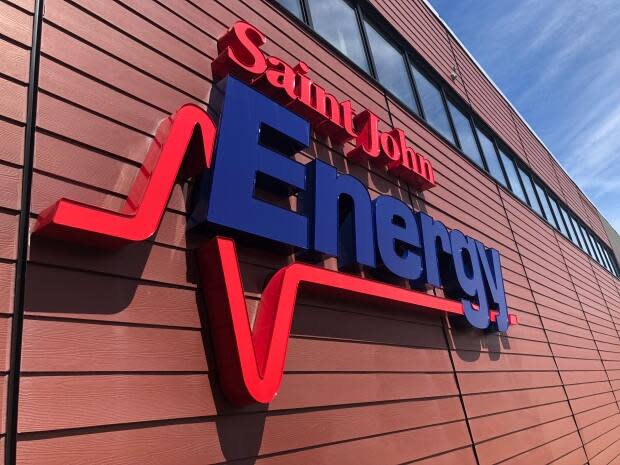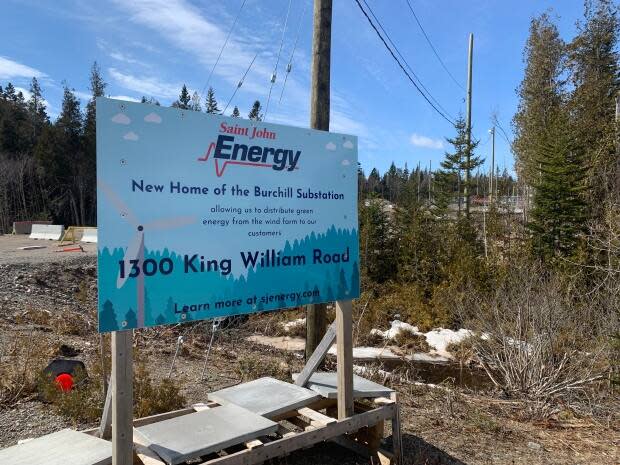Saint John utility faces 'uphill battle' in renewable energy, but keeps it local

Saint John Energy's commitment to selling its wind power locally is a good one, according to an environmental activist, even if the revenue isn't exclusively going back into renewable energy.
The utility is at least prioritizing wind energy in a province that continues to focus on natural gas and nuclear power, said Louise Comeau, director of climate change and energy solutions at Conservation Council of New Brunswick.
"What Saint John Energy is doing is disrupting these old thinking ways, if you will, and moving us into the modern age," Comeau said.
An electron is an electron whether it comes from a wind farm or a coal plant, but utilities with renewable energy sources can sell renewable energy certificates to keep track of that power.
This means companies and individuals can buy these certificates and pay more for that power, so they can say they're off-setting their carbon emissions and are in compliance with federal regulations.
One certificate is granted to the utility for each megawatt per hour i that its new Burchill Wind Project produces. The utility can then add a premium of a minimum of $10 for each megawatt hour a company wants to buy.

Ideally, the extra cash made from the certificates would go directly back into green energy projects, Comeau said.
But Saint John Energy's investment in a wind farm faces an "uphill battle," so it's not a deal breaker that not all the benefits will go to green energy, Comeau said.
In fact, helping the city's economy would indirectly benefit green energy.
"I know they're retrofitting buildings, but they could accelerate that and make it happen more quickly," she said.
Saint John Energy president and CEO Ryan Mitchell said some money will be a direct benefit to renewable energy, but "not exclusively."
"Saint John Energy is sharing, I'll say, all the benefits of the renewable energy certificates with the city, and that would extend to include the financial, you know, benefits," Mitchell said.
"Saint John Energy is going to use the financial proceeds to maintain stable rates, highly reliable grid. And we're going to plan to continue to invest in our system and further greening our infrastructure."

Saint John Energy has run into an issue with NB Power, the provincial utility, which said legal issues are preventing it from sharing power lines. This refusal forced the Saint John utility to pay $6 million more into the Burchill project because it had to build its own lines.
"Sometimes I feel like Saint John Energy is one of the only utilities in the province that understands where the future's headed and the future is renewable," Comeau said. "And so, yes, we strongly support what Saint John Energy is doing."
Keeping it local
The utility's Burchill Wind Project is expected to start up by the end of the year, and power 15 per cent of the city. Mitchell said construction in Coleson Cove is well underway.
Some energy companies sell their certificates to a wholesale company for a lump sum, and that company is in charge of selling those certificates across the country. Saint John Energy wanted to keep it local.
"It's thinking about cutting out the middle man and selling them direct to its customers," said Mitchell.
Irving Oil and Port Saint John have proposed to buy some of the certificates already. The City of Saint John is also buying some. Port Saint John said it's bought enough certificates to account for 100 per cent of their corporate energy use including the Port's cruise facilities, corporate office locations, and port-operated cargo terminals.
Comeau said she's always on the lookout for "greenwashing," where corporations pretend to be more green and environmentally friendly than they are.
But buying these certificates is not greenwashing, she said, and keeping the certificates local helps make them a less abstract concept.
"In this case, the project is real. The Burchilll wind energy project is real," she said.

 Yahoo Sports
Yahoo Sports 